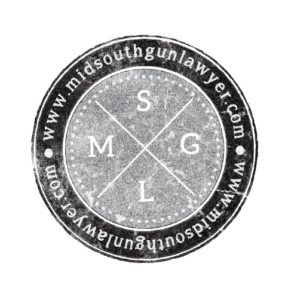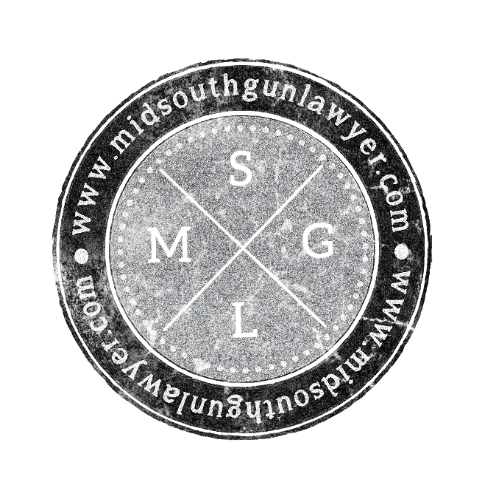Counties and municipalities are prohibited from passing “any ordinance that restricts or requires the possession, transportation, sale, transfer or ownership of firearms or ammunition or their components.”[1] However, this preemption is not absolute as counties and municipalities may still: (a) require, if authorized by other law, citizens to be armed “for personal or national defense, law enforcement, or another lawful purpose;”[2] (b) prohibit the discharge of certain types of firearms or bow and arrow within their jurisdictional boundaries, subject to a number of exceptions;[3] (c) enforce fire codes, zoning ordinances, or land-use regulations, so long as the regulations are not intended to be surreptitious gun laws;[4] (d) regulate firearms during insurrection, riots and natural disasters for the public health and safety, so long as there is no restriction on the citizen’s lawful possession of a firearm in his home, place of business or in transit to and from the home or place of business;[5] (e) regulate more than twenty-five pounds of blackpowder or other explosives;[6] (f) regulate firearms at public parks, meetings, political rallies, on educational grounds or at professional athletic events;[7] or (g) regulate the receipt of firearms at pawnshops.[8]
A more detailed discussion of this issue can be found at this link.
[1] § 45-9-51.
[2] § 45-9-53(a).
[3] § 45-9-53(b). A person may nevertheless discharge a shotgun, air rifle or air pistol, BB gun or bow and arrow on property of more than ten acres more than 150 feet from a home or occupied building, or a center fire or rim fire rifle or pistol or a muzzle-loading rifle or pistol on more than fifty acres more than 300 feet from a home or occupied building. Any such discharges must not be reasonably expected to cause a projectile to cross the boundary of the tract. Additionally, while a county may regulate the discharge of any firearm or weapon (other than a BB gun) within any platted subdivision, a county may not prohibit the discharge if the firearm is discharged in a manner not reasonably expected to cause a projectile to travel across any property line without permission of the property owner. § 45-9-57 (effective July 1, 2010).
[4] § 45-9-53(c).
[5] § 45-9-53(d). This exception was added in 2006 following the patently illegal confiscation of firearms by the New Orleans Police Department and Mayor Ray Nagin in the aftermath of Hurricane Katrina. See also § 33-7-303(2) (martial law may not allow for confiscation of weapons) and § 45-9-53(3) (preemption exceptions do not allow for contravention of § 33-7-303). There is also a federal law, the Stafford Disaster Relief and Emergency Assistance Act, 42 U.S.C. § 5207.
[6] § 45-9-53(e).
[7] § 45-9-53(f). Counties and municipalities cannot regulate firearms-related activities on educational property or professional athletic events. Further, they cannot regulate the transportation of such firearms to or from related events. § 45-9-53(2).
[8] § 45-9-53(g).

